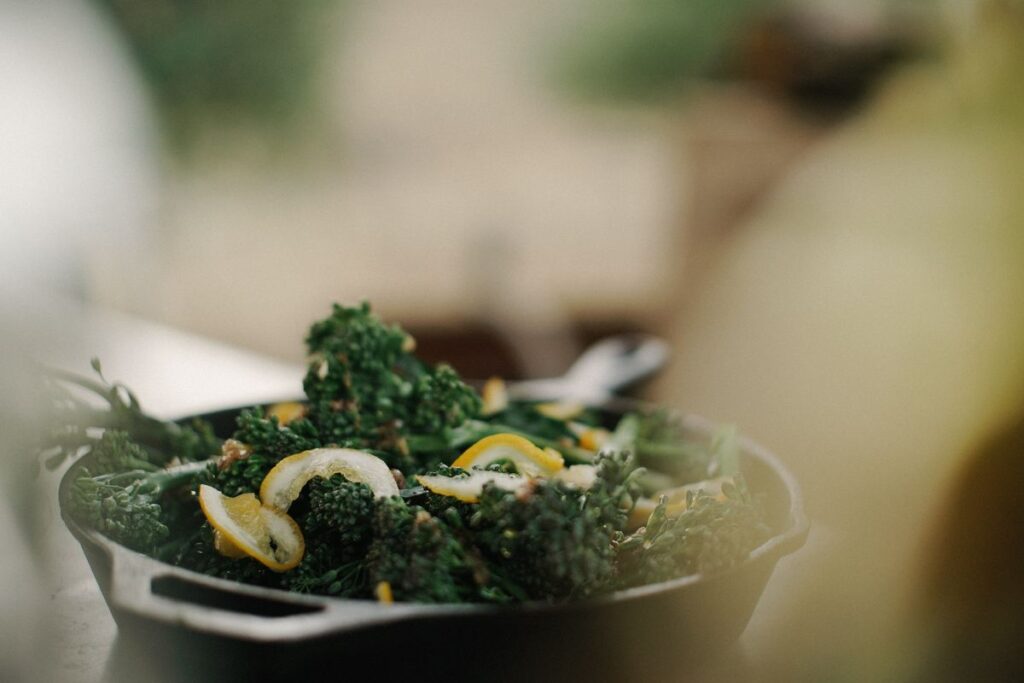Ask a Dance Dietitian: Addressing Iron Deficiency In Dancers
My doctor told me that I’m iron deficient and suggested starting a supplement. Are there any changes I can make to my diet to help, or are supplements the only way? —Sarah
Thanks for this great question, Sarah. Iron deficiency is not uncommon among dancers. It’s often a result of limited iron intake, whether intentionally through dieting or unintentionally—missing meals and snacks because of a busy schedule, or simply not eating enough iron-rich foods. Since iron plays a vital role in transporting oxygen to your muscles, it’s an essential nutrient for active dancers. And while supplements can help remedy deficiencies, there are also some tweaks you can make to your meal plan to help restore your iron level.
There are two types of iron found in our food supply: heme iron and nonheme iron. Heme iron is most easily absorbed by the body and is abundant in animal-based foods, like red meat, chicken, turkey, fish, and eggs. If you’re a vegetarian or vegan dancer, you may rely more on nonheme iron, which comes from plant-based foods.

Though less efficiently absorbed by the body, nonheme iron still contributes to your daily needs, so long as you integrate a variety of iron-rich ingredients in your diet. Some examples include leafy greens (like kale and spinach), nuts, seeds, beans, lentils, tofu, and edamame. Many cereals and grains, such as oatmeal and fortified breakfast cereals, are also enriched with iron, which can further contribute to your daily intake. Vitamin C is known to facilitate iron absorption, so pairing iron-rich foods with ingredients like citrus fruits, bell peppers, and strawberries can help.
One last thing to consider is whether certain habits are inhibiting your body’s absorption of iron. It’s common for dancers to be hypervigilant about their calcium intake, often taking supplements to prevent deficiency. While calcium-rich foods don’t pose much of a problem, high-dose calcium supplements can inhibit iron absorption when paired alongside iron-rich foods. If you take calcium supplements, consult with a medical doctor or registered dietitian nutritionist regarding appropriate dosing and timing to reduce the potential for nutrient interactions.
Have a question? Send it to registered dietitian nutritionist Rachel Fine at [email protected]. She’ll be answering questions on Pointe+ each month. Ask a Dance Dietitian responses are for informational purposes only and should not be a substitute for individual medical or mental health advice.







